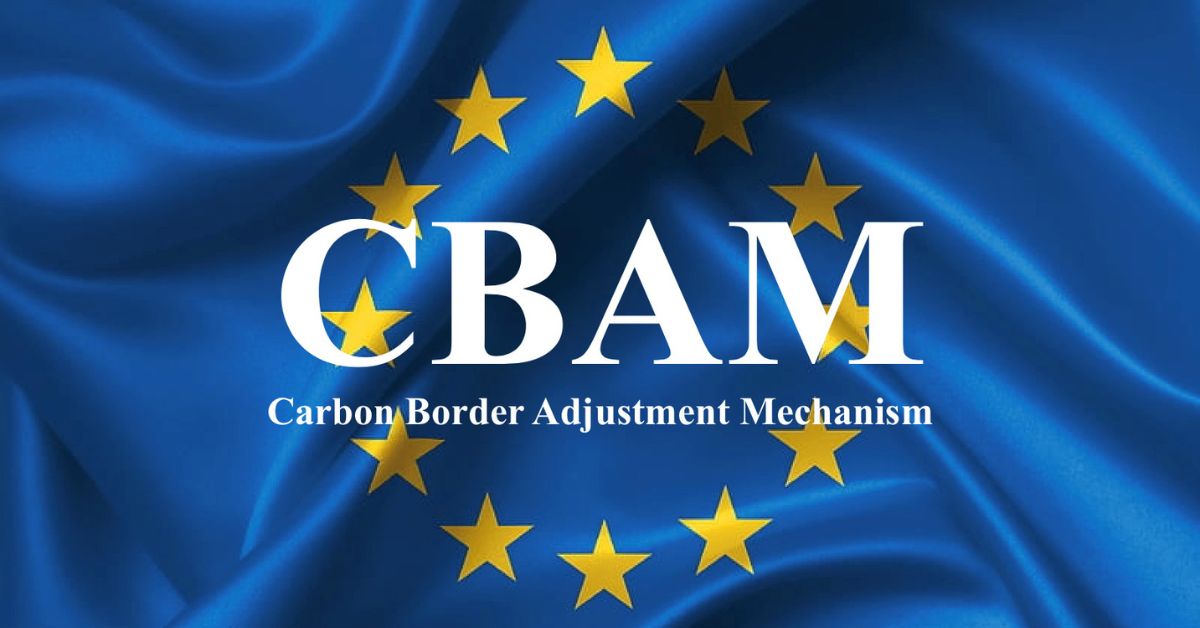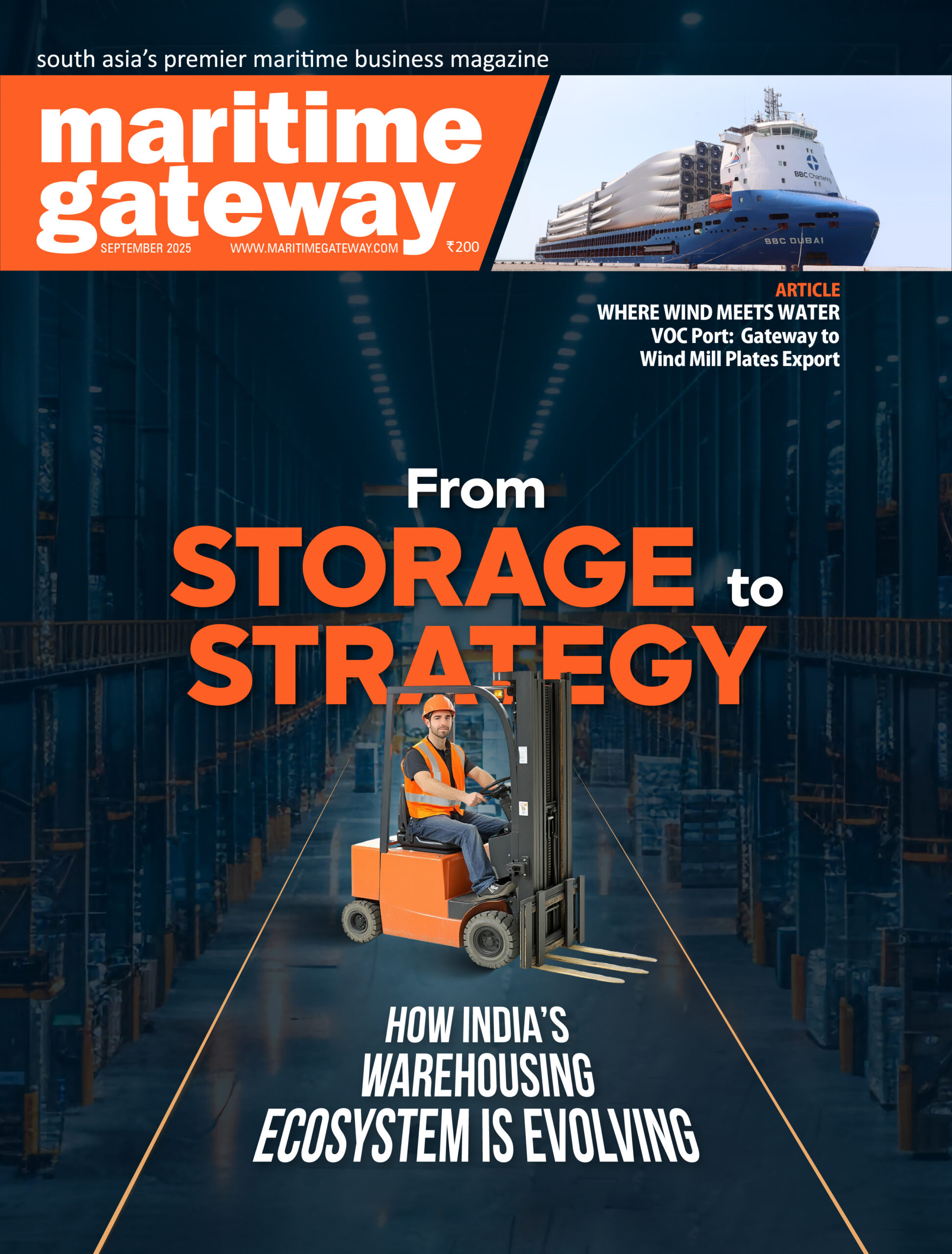Sweden has expressed its readiness to support India in building a more sustainable industrial framework that complies with the European Union’s Carbon Border Adjustment Mechanism (CBAM) regulations. The assurance came from Sara Modig, State Secretary at Sweden’s Ministry of Environment and Climate, during recent bilateral discussions on green industry collaboration.
“We are holding hands — that’s part of our collaboration,” Modig said, reaffirming Sweden’s commitment to helping India transition toward low-carbon manufacturing. “Sweden has been at the forefront of technology transfer, not only in the automotive sector but across industries,” she added. Swedish Ambassador to India Jan Thesleff echoed the same sentiment, emphasizing that Sweden and its industries are willing to guide Indian companies through the CBAM compliance process.
CBAM, a key component of the EU’s climate strategy, imposes a levy on European importers purchasing goods from countries with higher carbon emissions per tonne compared to EU benchmarks. According to estimates from European think-tank Sandberg, Indian exporters of iron and steel could face CBAM charges amounting to around €301 million (approximately ₹3,000 crore) — the highest among all non-EU exporters of such products.
As India and the European Union move closer to finalizing a Free Trade Agreement (FTA), CBAM has emerged as a major concern for New Delhi, which views it as a potential protectionist measure impacting carbon-intensive sectors like steel and cement. Swedish officials, however, have reassured that Sweden will actively support India’s green transition, including in these industries.
“India’s steel industry is expanding rapidly — by 10 to 12 percent annually or even more,” Modig noted. “With such growth, India has an enormous opportunity to expand in a green way. It’s much easier to build clean from the start than to retrofit existing systems, and India’s vision and government ambition put it in the driver’s seat of this transformation.”
India and the EU have so far closed 10 out of 20 chapters in their FTA negotiations, with the next round of discussions scheduled for next week when the EU negotiating team visits New Delhi. The collaboration with Sweden adds a new dimension to India’s strategy — aligning industrial growth with sustainability goals while navigating evolving global trade and climate frameworks.









